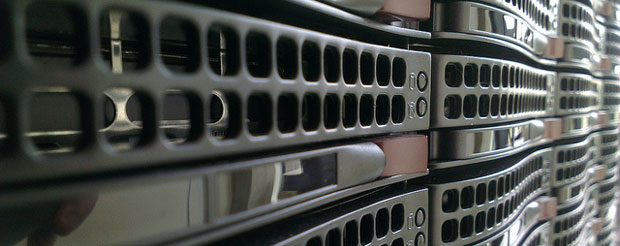"caching" entries

How to leverage the browser cache with a CDN
An introduction to multi-level caching.

Since a content delivery network (CDN) is essentially a cache, you might be tempted not to make use of the cache in the browser, to avoid complexity. However, each cache has its own advantages that the other does not provide. In this post I will explain what the advantages of each are, and how to combine the two for the most optimal performance of your website.
Why use both?
While CDNs do a good job of delivering assets very quickly, they can’t do much about users who are out in the boonies and barely have a single bar of reception on their phone. As a matter of fact, in the US, the 95th percentile for the round trip time (RTT) to all CDNs is well in excess of 200 milliseconds, according to Cedexis reports. That means at least 5% of your users, if not more, are likely to have a slow experience with your website or application. For reference, the 50th percentile, or median, RTT is around 45 milliseconds.
So why bother using a CDN at all? Why not just rely on the browser cache?

How Flash changes the design of database storage engines
High-performing memory throws many traditional decisions overboard
Over the past decade, SSD drives (popularly known as Flash) have radically changed computing at both the consumer level — where USB sticks have effectively replaced CDs for transporting files — and the server level, where it offers a price/performance ratio radically different from both RAM and disk drives. But databases have just started to catch up during the past few years. Most still depend on internal data structures and storage management fine-tuned for spinning disks.
Citing price and performance, one author advised a wide range of database vendors to move to Flash. Certainly, a database administrator can speed up old databases just by swapping out disk drives and inserting Flash, but doing so captures just a sliver of the potential performance improvement promised by Flash. For this article, I asked several database experts — including representatives of Aerospike, Cassandra, FoundationDB, RethinkDB, and Tokutek — how Flash changes the design of storage engines for databases. The various ways these companies have responded to its promise in their database designs are instructive to readers designing applications and looking for the best storage solutions.
